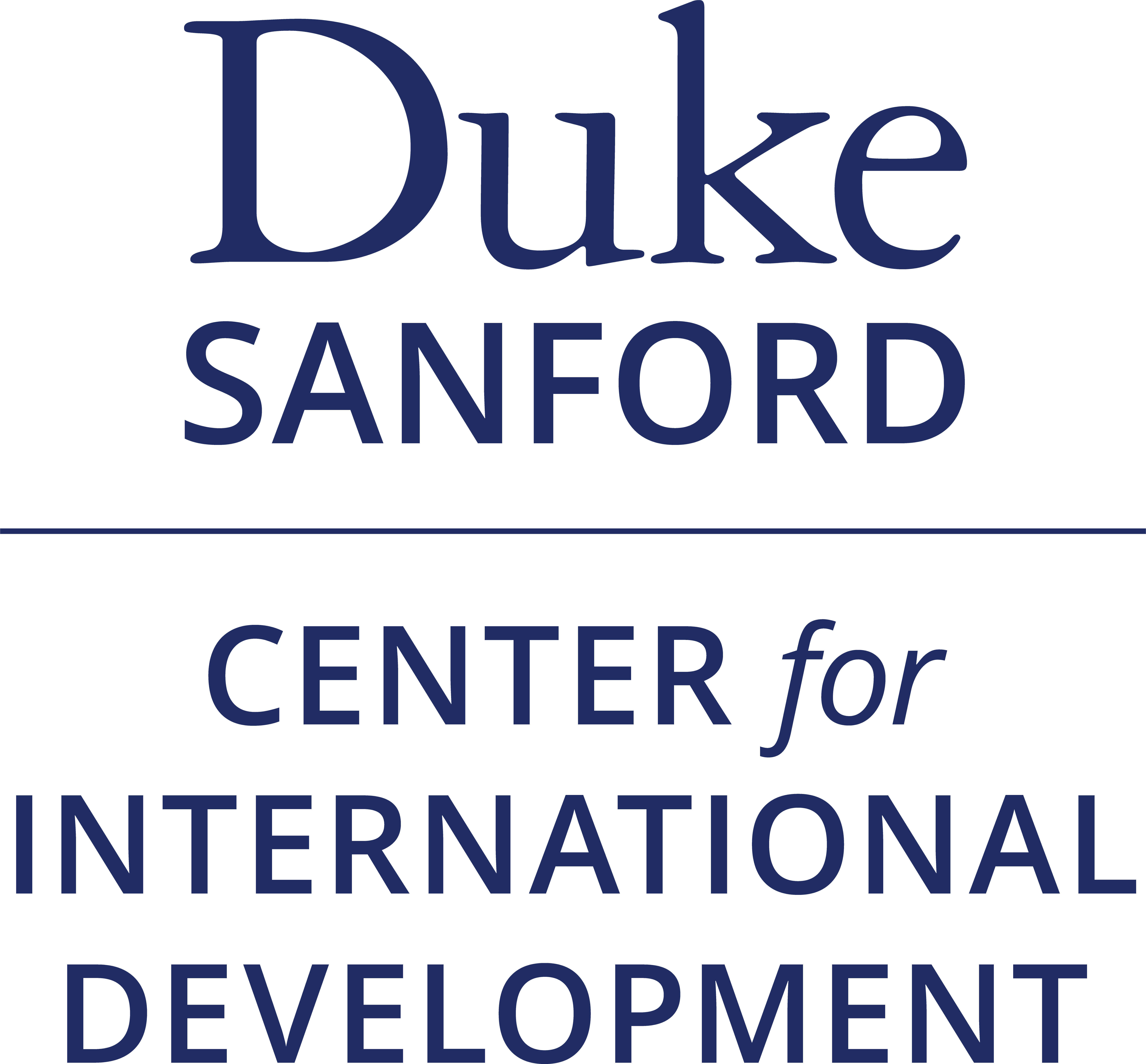Duke Center for International
Development Annual Report
2021-22
In this year’s Annual Report, I had hoped to tell you that the green shoots we saw emerging at the end of 2021 had blossomed into a new era of global prosperity. Sadly, international conflict, a global inflationary crisis in energy and foodstuffs, continuing supply chain hold-ups, and the growing threat of democratic backsliding have conspired to exacerbate post-Covid struggles. While some emerging markets have indeed roared back, other countries, many of which I research and care about deeply, are on the precipice of food, financial, climate, and political crises. The choices their leaders make today will determine the lives of millions of global citizens—for better or for worse.
The Duke Center for International Development (DCID) is helping policymakers and thought leaders navigate these challenges through research, education, and policy engagement. As this report details, our faculty and researchers have produced new academic articles and policy briefs that outline innovative ways to improve energy and water access, enhance land tenure, mitigate the impact of climate migration, and better connect emerging markets to global value chains. Through our MIDP program, these cutting-edge ideas are being shared with the next generation of leaders in international development. Our executive education programs and policy seminars inform policymakers and practitioners who can use these ideas immediately.
DCID began as a self-funded entity operating within the Sanford School. This past year, to help us better weather the impact of the global pandemic, Dean Judith Kelley invited the center to fully join the Sanford community. This change in our funding arrangement was made in support of the important contributions DCID has made and continues to make.
The DCID leadership decided to take advantage of this moment to make four long-term investments in the Center’s future. First, to increase our research capacity, we brought on four, talented Lecturing Fellows to conduct research, teach, and collaborate with our colleagues. Second, we joined seven different consortiums applying for US Agency for International Development (USAID) contracts. These consortiums connect us with a larger network of partners in the global development community, open additional opportunities to win research funding, and provide an expanded number of forums in which to present our academic findings. Third, we have begun working with new partners to develop and test three new online executive education training courses, one in Behavioral Economics, another in Monitoring, Evaluation, and Learning (MEL), and another in Governance. These courses have expanded our reach, added new clients, increased our engagement with faculty at Sanford, and given us greater flexibility to complement our in-person programs. And fourth, to better attract the highest caliber of potential students, we are investing in “top-up” scholarships for a select number of Masters in International Development Policy (MIDP) candidates. This additional funding puts us in line with the funding provided to students in other programs, allowing us to compete for candidates that may have decided to study elsewhere due to financial considerations.
The new investments are already paying great dividends.
· In research, DCID faculty wrote eleven peer reviewed articles this year and were awarded six major grants and contracts, worth over $1.3 million, with five very promising proposals still outstanding. Three of the awarded grants have Lecturing Fellows as their Principal Investigators.
· In education, our MIDP admissions and student service team successfully recruited 30 new fellows from 20 different countries to join the MIDP in fall 2022. These numbers return the MIDP program to its pre-pandemic levels and demonstrate the continued demand for in-person degree programs. The Duke-UNC Rotary Center, a key partner to the MIDP, celebrates its 20th year with DCID as its institutional home, having sponsored 93 fellows from 44 countries over this period.
· In engagement, in addition to our executive education programs and seminars, we hosted webinars to USAID’s Research Technical Assistance Center (RTAC) network, reaching over 900 practitioners around the world; developed an online, interactive digital toolkit on development economics for the Distinguished Humphrey Fellowship Program, accessible to thousands of Humphrey alumni worldwide; and hosted a seminar on women’s empowerment to celebrate International Women’s Day, presenting the groundbreaking work of Duke faculty as well as research from the World Bank, Oxfam, Harvard, and UC Berkeley.
While I remain deeply concerned about the global economy and agonize daily over the economic reports of the tragedies facing many countries, I am optimistic about the infrastructure and talent-base we are building here at DCID to help address these problems. I believe strongly in the spark of magic that takes place in the MIDP classroom, an executive program, or seminar. I have seen sparks crackle when cutting-edge researchers interact with leaders who have the energy and gumption to put those ideas into practice. In the pages of this report, I hope you see the kindling we have laid to allow those sparks to ignite.

